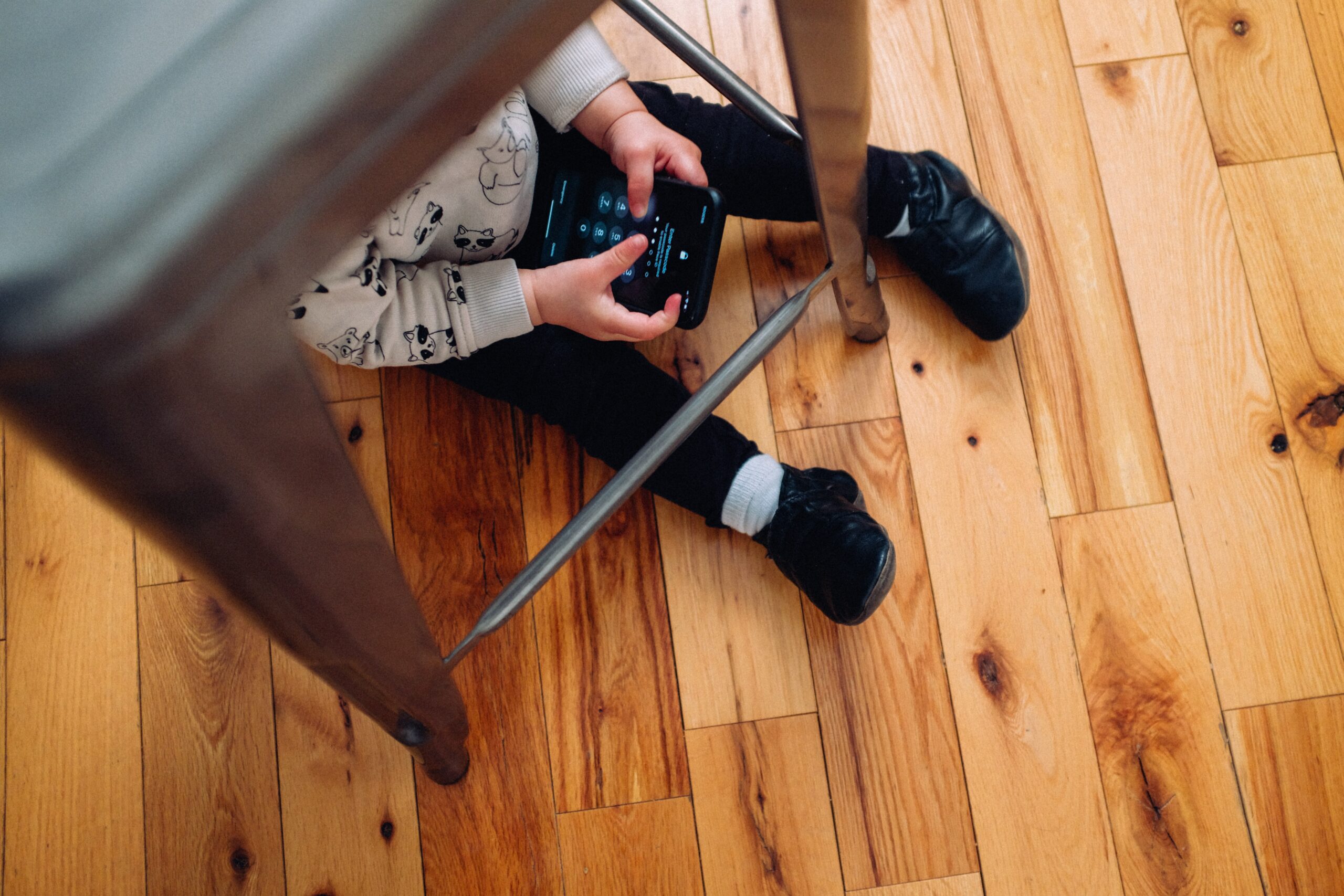According to the American Academy of Pediatrics (AAP), in 1970 children didn’t start regularly watching TV until they were four years old.
Today, they report that children begin interacting with digital media at four months old. One look around and it’s easy to see that many children have their own cell phone, tablet, television, or another type of screen that is occupying a lot of their time and attention. The problem with this is with all that screen time there are numerous ways that research shows it may be harming kids. From the smallest of toddlers who are glued to watching tablets and televisions, to teens who are using their devices almost constantly, it’s prompted concerns that every parent should be aware of.
“There is no denying that technology plays a major role in our lives today, but when it comes to our children we need to be aware of the challenges it can cause,” explains Reena B. Patel, a parenting expert, licensed educational psychologist, and author. “Children’s cognition skills are still developing, so it’s imperative that we take that into account when it comes to their screen usage time.”
In the same report, the AAP reports that 75 percent of children ages 0-8 have access to a mobile device and that most one and two-year-olds are using a mobile device on a daily basis. This trend continues through every age group. The average 8-10-year-old is spending around eight hours per day on various forms of media, and older children are spending more than 11 hours per day. A Pew Research Center report shows that 24 percent of teens go online “almost constantly,” and 92 percent of them report using their mobile devices on a daily basis.

As many would suspect, all of this screen time coming from phones, tablets, and televisions, raises some questions about how healthy it is. In a separate AAP statement, they report that the cognitive impact of the media depends on the child ages, the kind of programming or games they are playing, and social context of viewing. They find that there are both negative and positive outcomes.
When it comes to adolescents, screen time can have a negative impact. The research shows that adolescents who spend more time on electronic communication and screens (such as social media, texting, and gaming) and less time on non-screen activities have a lower psychological well-being. In addition, excessive media use has been associated with obesity, lack of sleep, aggression, sleep problems, and other behavioral problems.

Most parents realize that children also engage in learning activities and even have homework assignments they need to use screens for. They are a part of life and a part of their learning experience, as well as their entertainment one. Rather than sheltering kids from social media and screens, parents should strive for teaching them healthier ways to use them, and how to maintain a balance. With screens here to stay, it’s important that parents take steps to help keep their child’s time spent on them in check. Here are some tips to do just that:
- It’s recommended that children under the age of two not be exposed to screen time at all. For children over the age of two, it’s recommended that the screen time be kept to one to two hours per day at the most.
- Discuss the screen time challenges with your children, especially when they are adolescents and teens, so they understand the concerns. Ask your child what are the pros and cons of unlimited or excessive use of devices. Devise a plan for using screens, which limits the amount of time they can be used each day. When children are involved with developing the plan, they are more likely to follow the rules they helped create.
- Encourage kids to create a balance between screen time and non-screen time. It’s important that kids of all ages engage in physical and social activities that do not involve the use of screens. Encourage them to have real-life relationships, rather than their friendships being all online or done through electronics.
- Create rules that will help give them boundaries about when they can use their devices. For example, no devices at meals, and no phones allowed in their bedrooms overnight.
- Find non-screen activities that the whole family can engage in. This will help them create bonds and learn healthy social behaviors.
- Use positive parenting techniques when working with kids to help teach them the limits of screen and social media time.
- Be the example that you want them to follow. From young children to teens, they are watching what parents do when it comes to screen time. Parents who overuse screen time are setting that same example for their children. Having healthy screen habits will teach children to do the same.
- Parents should be familiar with all the apps and devices their children use. They should have access to the social media apps as well. Ex: Instagram can be created and monitored from a parents account and note on social media pages that it is “parent monitored.” Also, become familiar with Internet safety, including setting parental controls, and how to avoid giving too much personal information online.

“This is an issue that we can’t ignore and hope that it gets better,” added Patel. “We have to take the time to address it, no matter how old our kids are. The technology may be newer to us, but it’s always been a part of their lives, it will continue to be part of their everyday lives and they need to know how to use it in a healthy and constructive manner. They need parental guidance to get there.”






